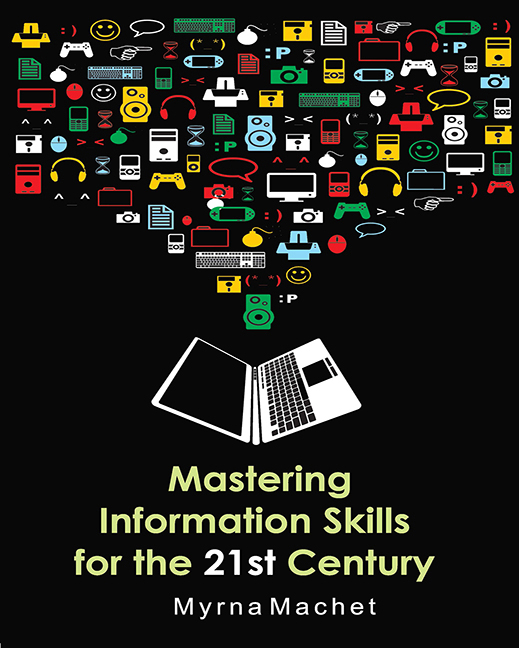11 - Evaluating Your Information and Filling in the Gaps
Published online by Cambridge University Press: 28 February 2020
Summary
Introduction
In the previous chapter we discussed reading for the purpose of writing up information. We discussed different types of reading and focused in particular on study reading. When you study read, you read actively - you make predictions, and think whether you agree or disagree with what the writer is saying. We also talked about note taking and various types of text mapping, such as flow charts, mind maps and tables. When you take notes or use text mapping techniques, you are interacting with the text and mastering it. These skills are an important aspect of being information literate, since they help you when you are handling information.
In this chapter we discuss evaluating information. Evaluating information covers a wide range of activities but because this book is limited in its scope we are only going to discuss certain aspects. The aspects we cover are definitions, assumptions, the difference between fact and opinion, inferences, evaluation of different arguments, deductive and inductive reasoning and critical thinking and evaluating information for relevance. These activities are critical for information literacy as they are essential for evaluating information. You need to evaluate your information for accuracy and relevance to the topic. Also you need to ensure that you have covered all the aspects you need to cover in order to answer your assignment question.
ACTIVITY 11.1
When we read we encounter different kinds of statements and arguments, not all of which are equally sound or convincing. Read the statements below and decide which ones you find convincing:
• I thinkYvonne Chaka-Chaka is the best singer in South Africa.
• All women who cover their hair are religious fundamentalists.
• Dan Brown must be a good writer because so many people read his books.
• Martha must be on diet again - she refused any chocolate cake.
• My friend ate beetroot and it cured his AIDS. Beetroot can cure AIDS.
If you look at the first statement you can see that this is an opinion and is not correct or incorrect but a personal viewpoint. The second statement is incorrect. Women may cover their hair for a number of reasons - one of these may be religious beliefs - but it does not mean they are fundamentalists. The third argument is more convincing.
- Type
- Chapter
- Information
- Mastering Information Skills for the 21st Century , pp. 183 - 199Publisher: University of South AfricaPrint publication year: 2012

